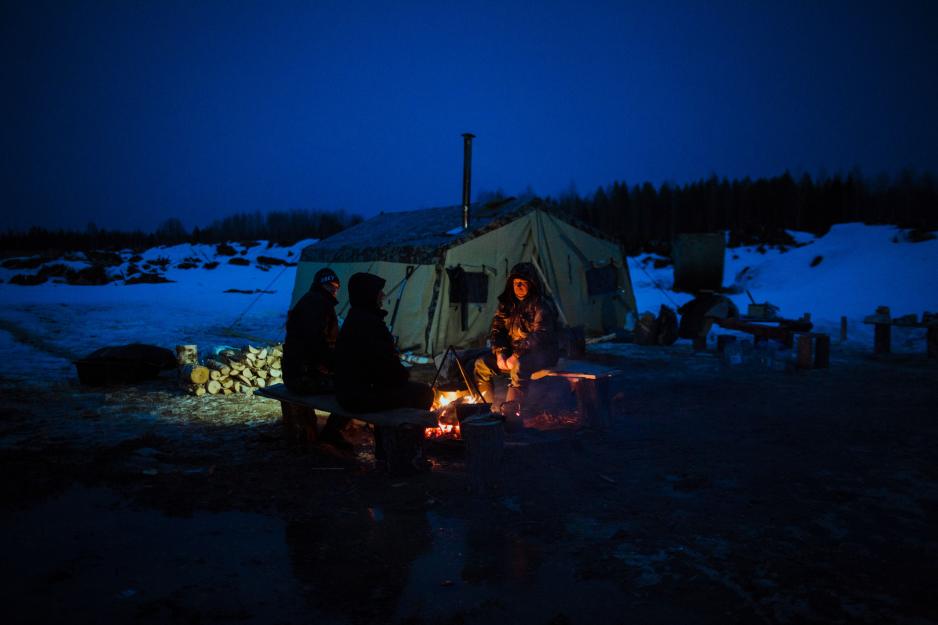Newsletter: Does the Arctic Council have Enough Power in it to keep the Arctic a Peaceful Region?

We are following a more unexpected rebellion in Russia. Environmental activists in Arkhangelsk are still mobilizing forces against a giant landfill. A 1,200 acre area in the southern parts of the county has been allocated the role of landfill for 500,000 tons of unsorted waste from Moscow annually for the next 20 years. (Photo: Denis Sinjakov)
Dear reader!
We are entering into a weekend during which SAS and its pilots has split Norway into two parts. With a high level of precision, the tool of strike hits an innocent third party the most. Both SAS and its pilots apologize. As do all the passengers who are left stranded at airports as hostages of a wages conflict.
We are following a more unexpected rebellion in Russia. Environmental activists in Arkhangelsk are still mobilizing forces against a giant landfill. A 1,200 acre area in the southern parts of the county has been allocated the role of landfill for 500,000 tons of unsorted waste from Moscow annually for the next 20 years. Activists have besieged the area for months, in a protest that is rather uncommon for Russia. Now the first arrests have been made.
A rather unexpected and sharp strategic discussion about the rights of navigation in the Northwest Passage has also emerged. The conflict has emerged because the American Navy has claimed freedom of navigation in Arctic waters. Canada responds by claiming sovereignty of the same areas.
The US’ desire is motivated in particular by China’s active role in the Arctic without the country having any territory in Arctic areas. Chinese involvement in relation to the Northern Sea Route is increasing. Add to this the Chinese interest in investing on Greenland, and you see a clear outline of new conflicts of interest in the High North.
Some of the American response is to be found in the new US Coast Guard strategy, “Vision for the Arctic”, that was presented on 21 April. At least the language is tougher than what we have been used to in former Arctic strategies from that area.
We have also spent some time this week taking a closer look at the Arctic Council, a union of eight Arctic states, in relation to its upcoming Ministerial Meeting in Rovniemi, Finland early May. In a world of conflicts, international cooperation is crucial, and the question is whether the Arctic Council has enough power in it to keep the Arctic a peaceful region characterized by cooperation. A few weeks prior to the Arctic Heads of State’s meeting in Finland, there is still no agreement on a joint declaration about the road ahead. Senior Researcher Svein Vigeland Rottem at the Fridtjof Nansen Institute is one of those who wants to see a restructuring of the Arctic Council in the longer run. (Norwegian only).
In the days leading up to the Arctic Council summit, we will continue our covering of the interplay between the Arctic states, and we will of course be present during the Ministerial Meeting in Rovaniemi on 6-7 May.
We wish you all the best for the weekend!
Arne O. Holm
Editor-in-Chief, High North News
